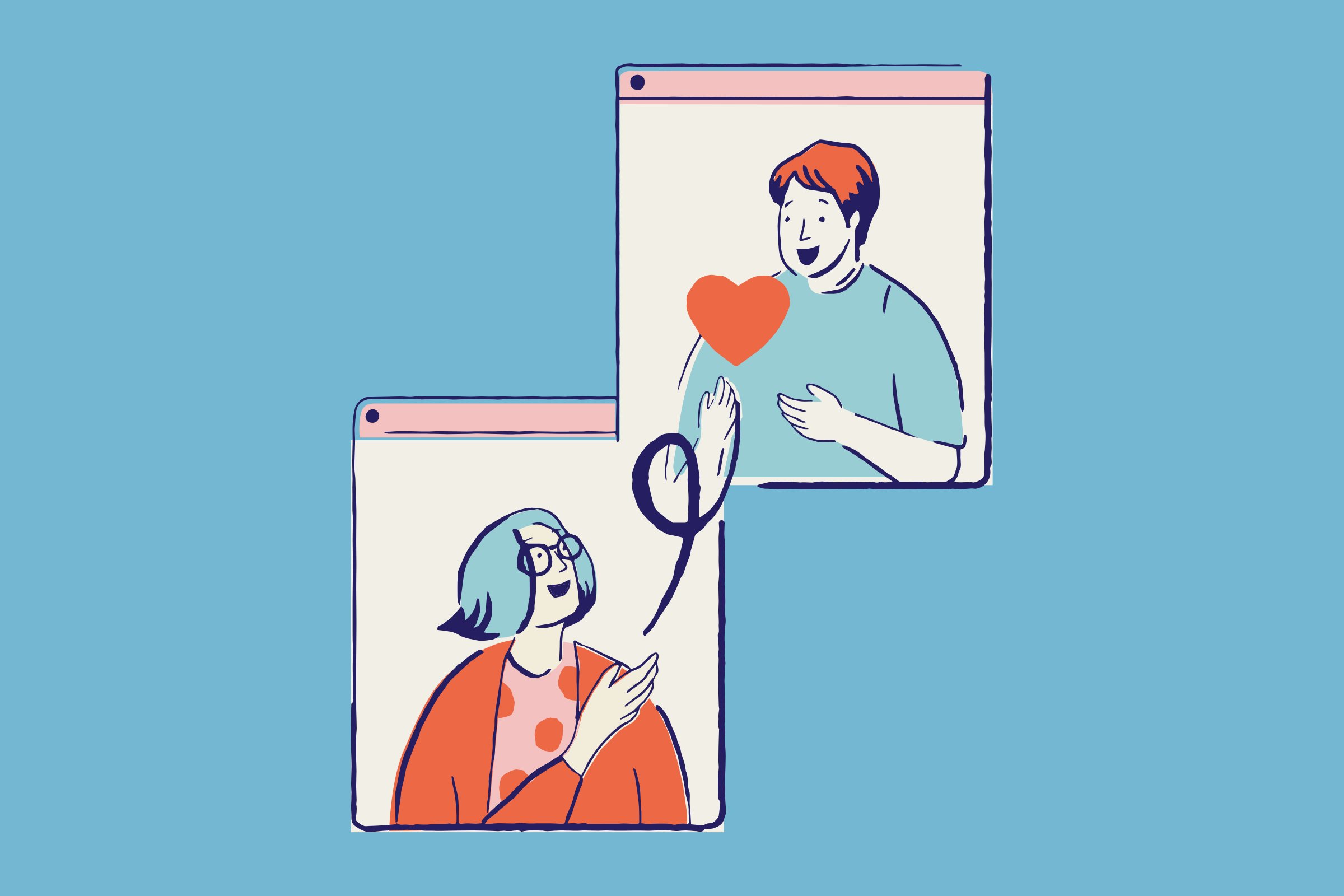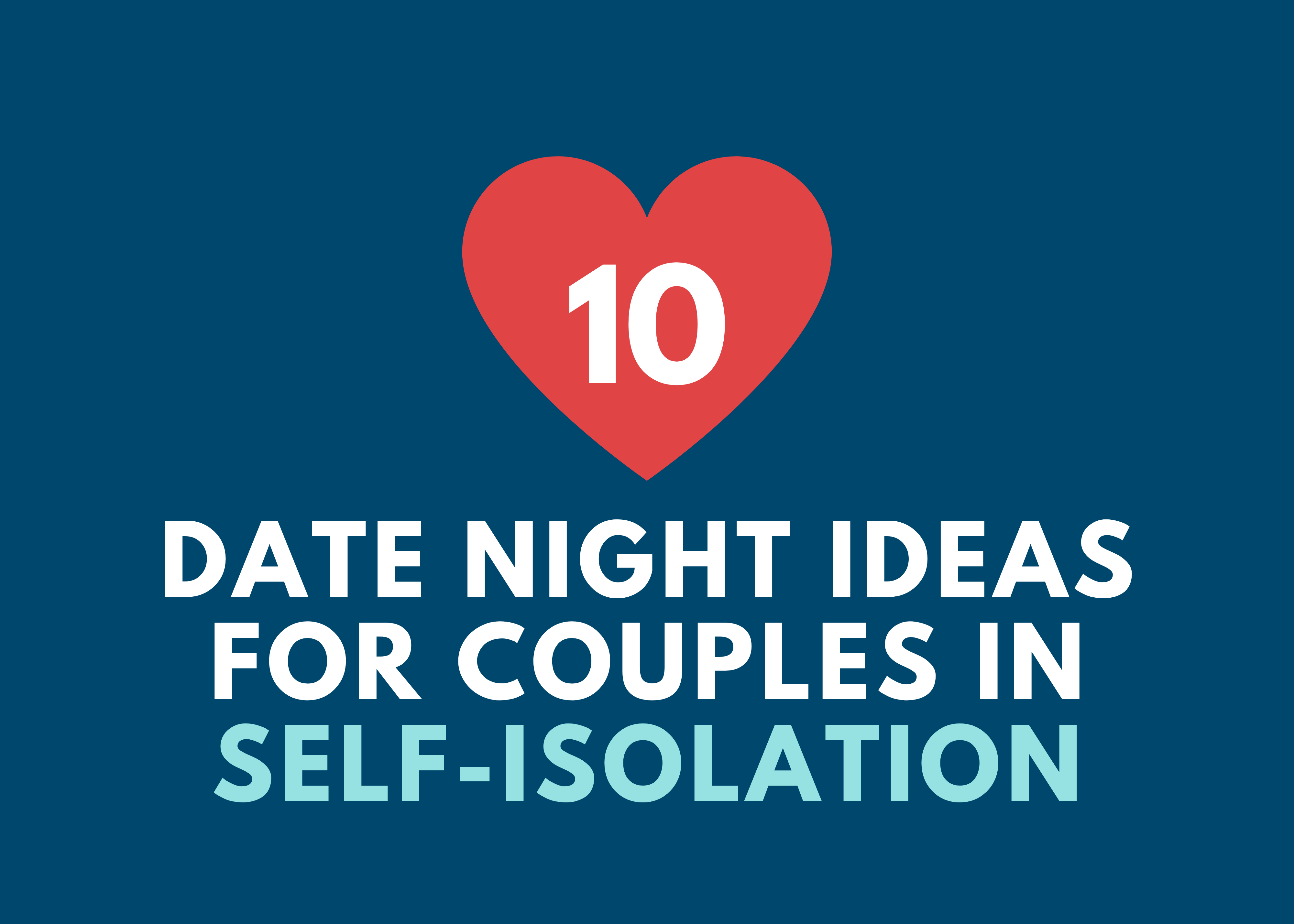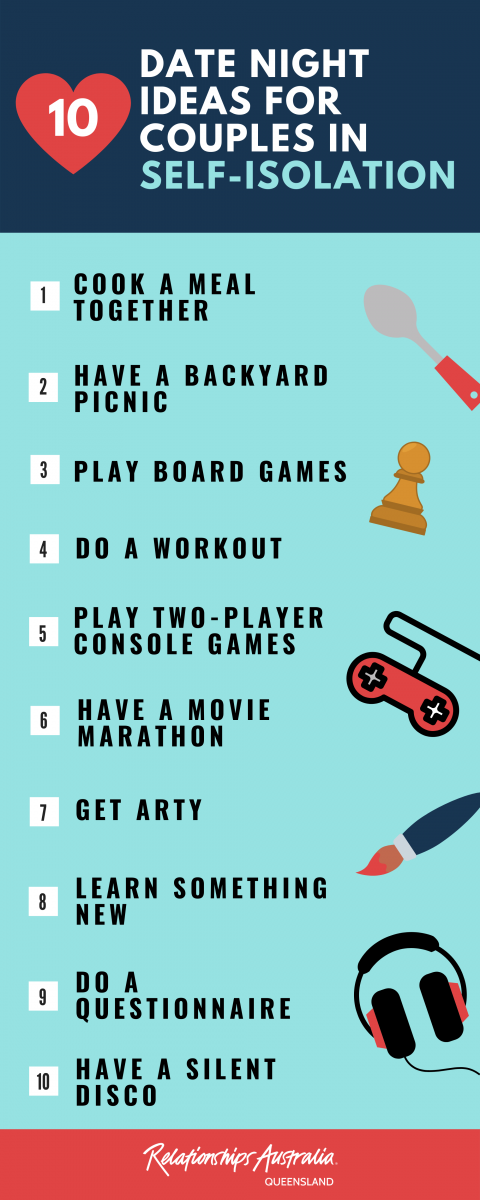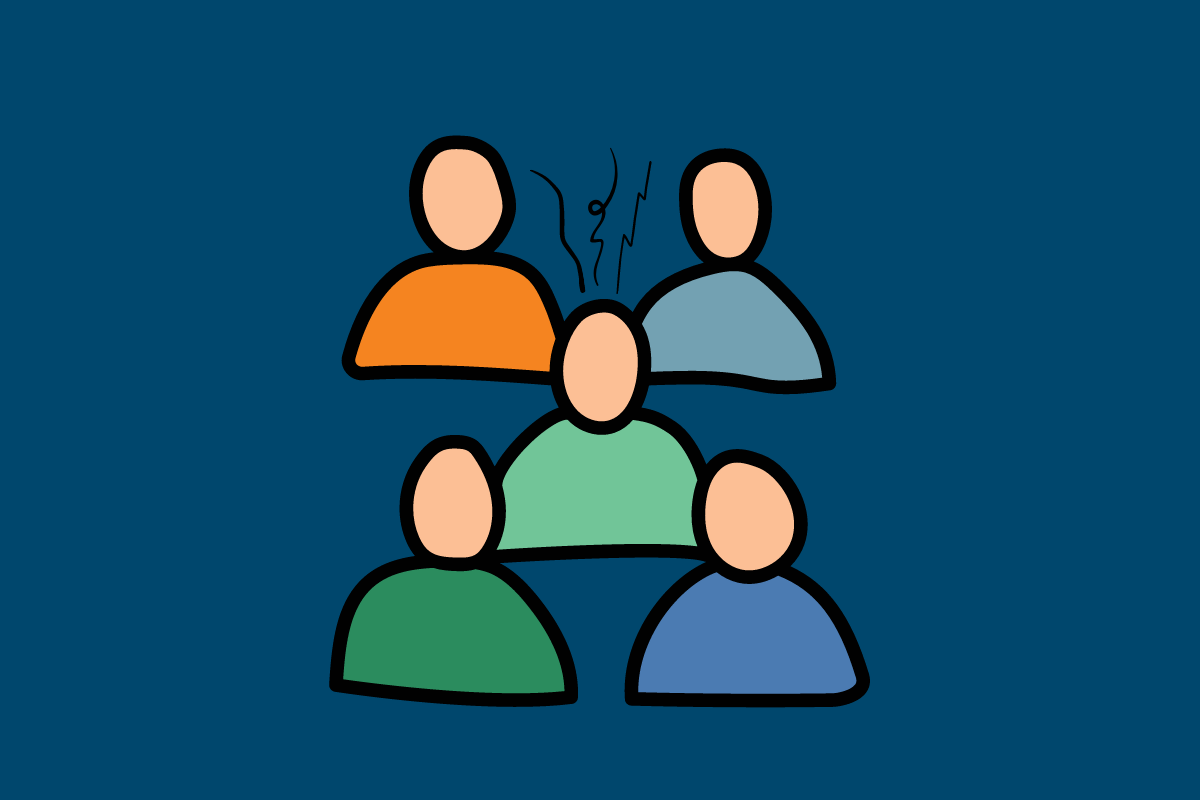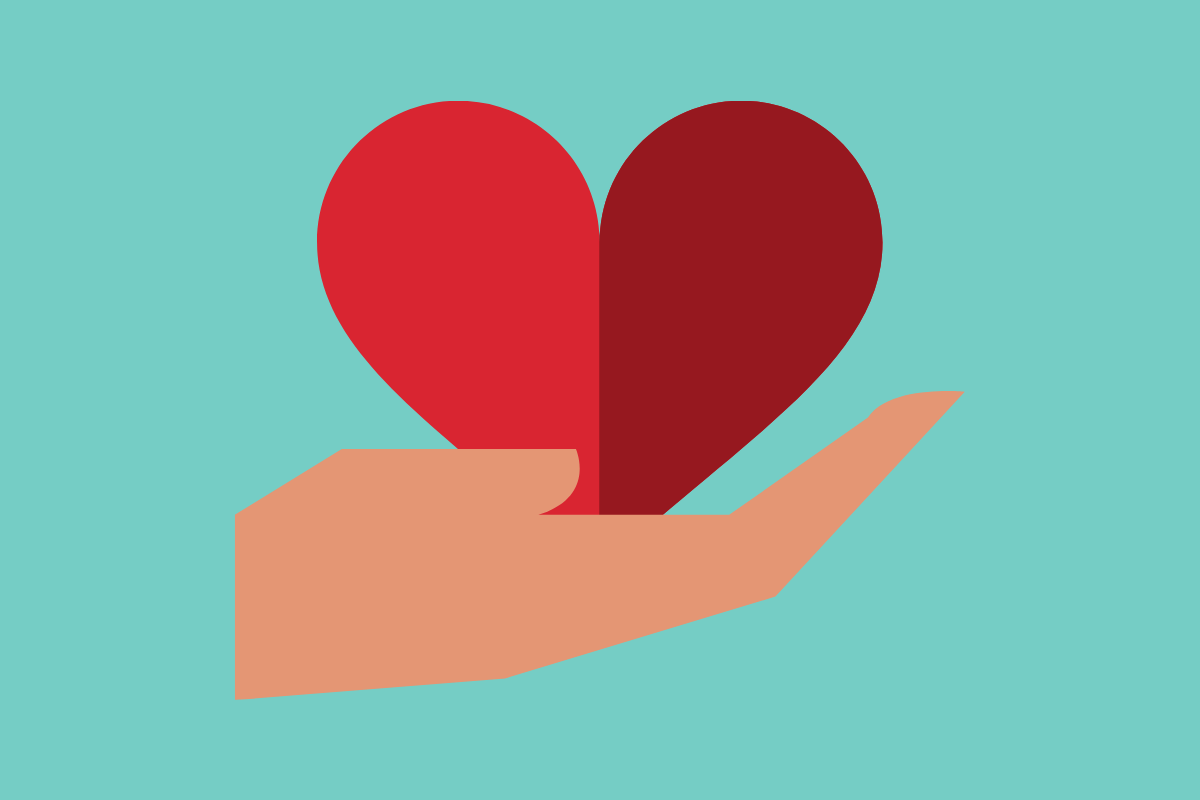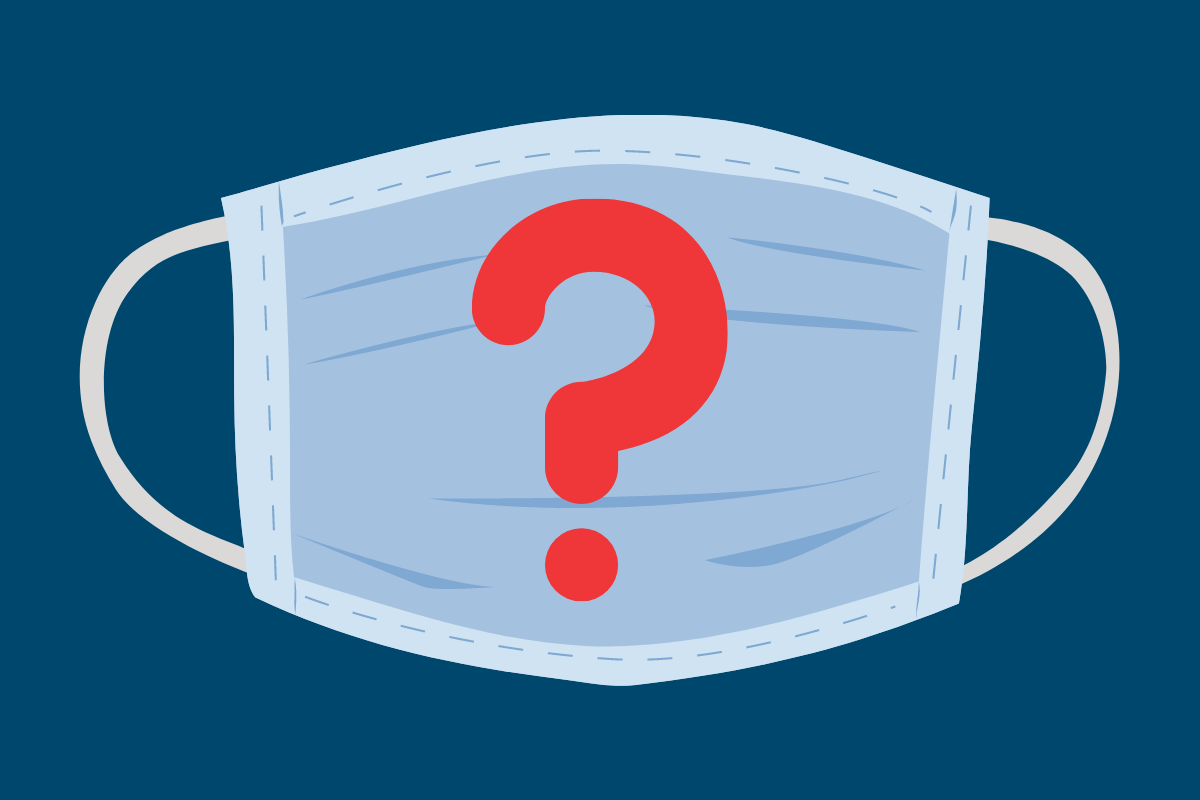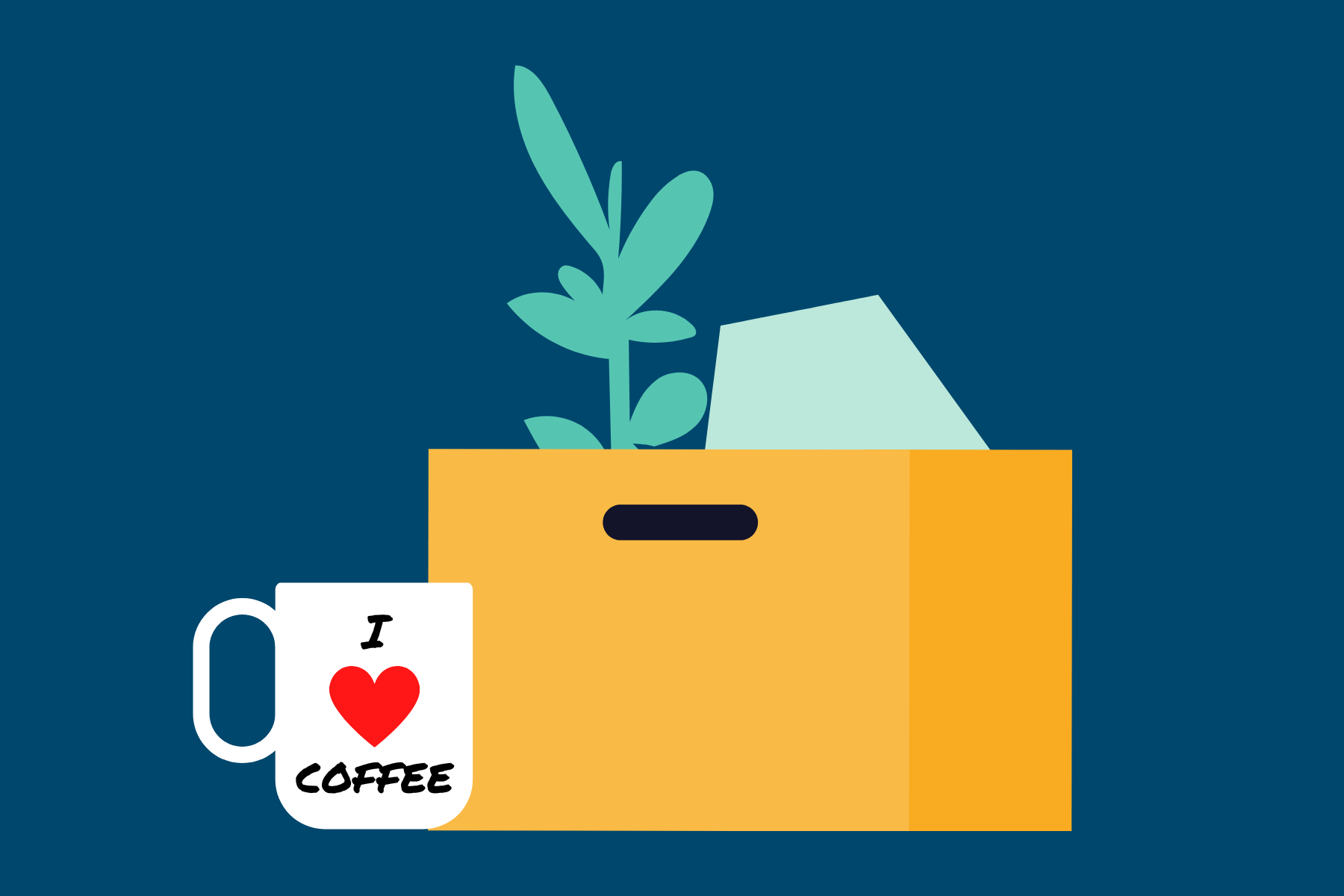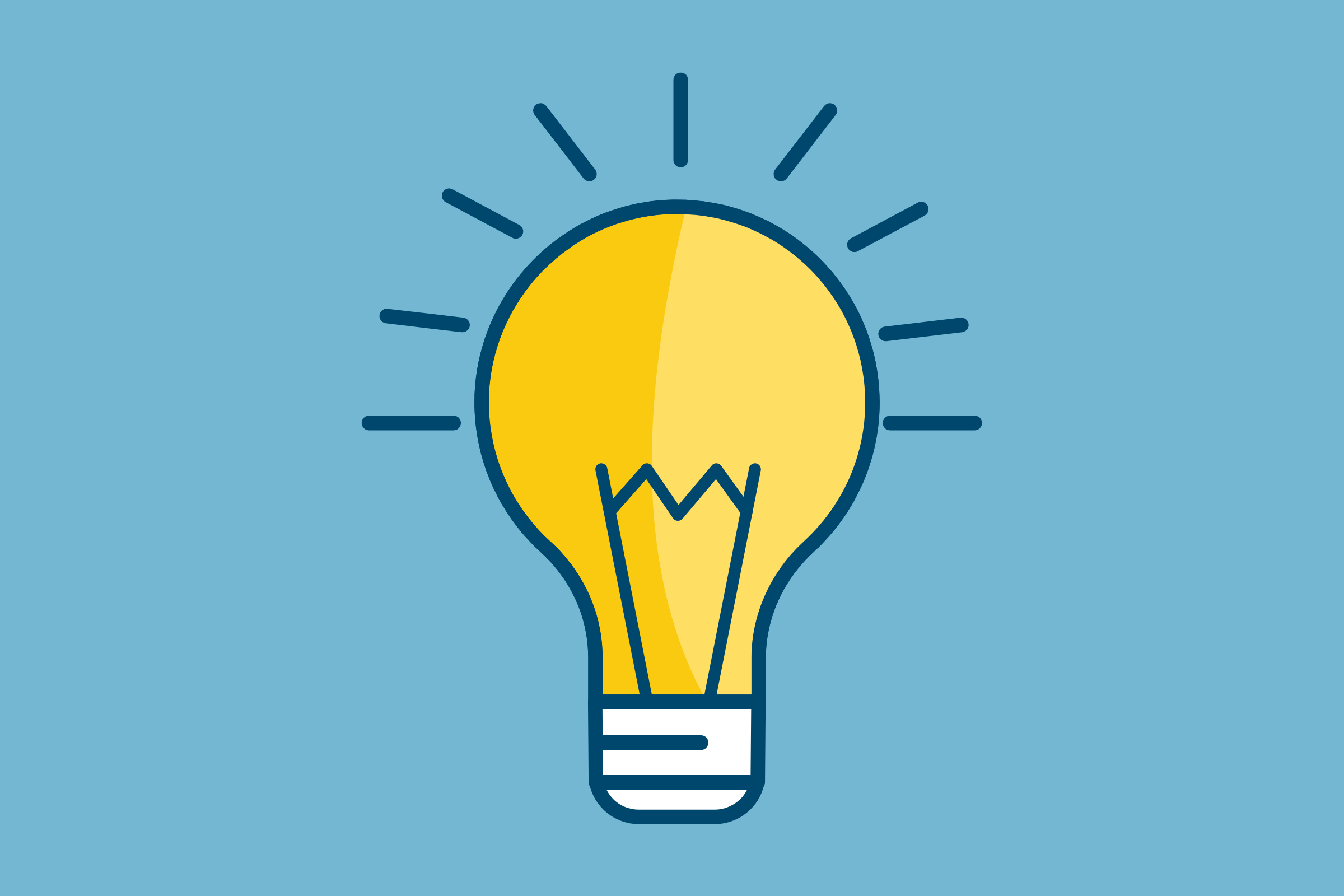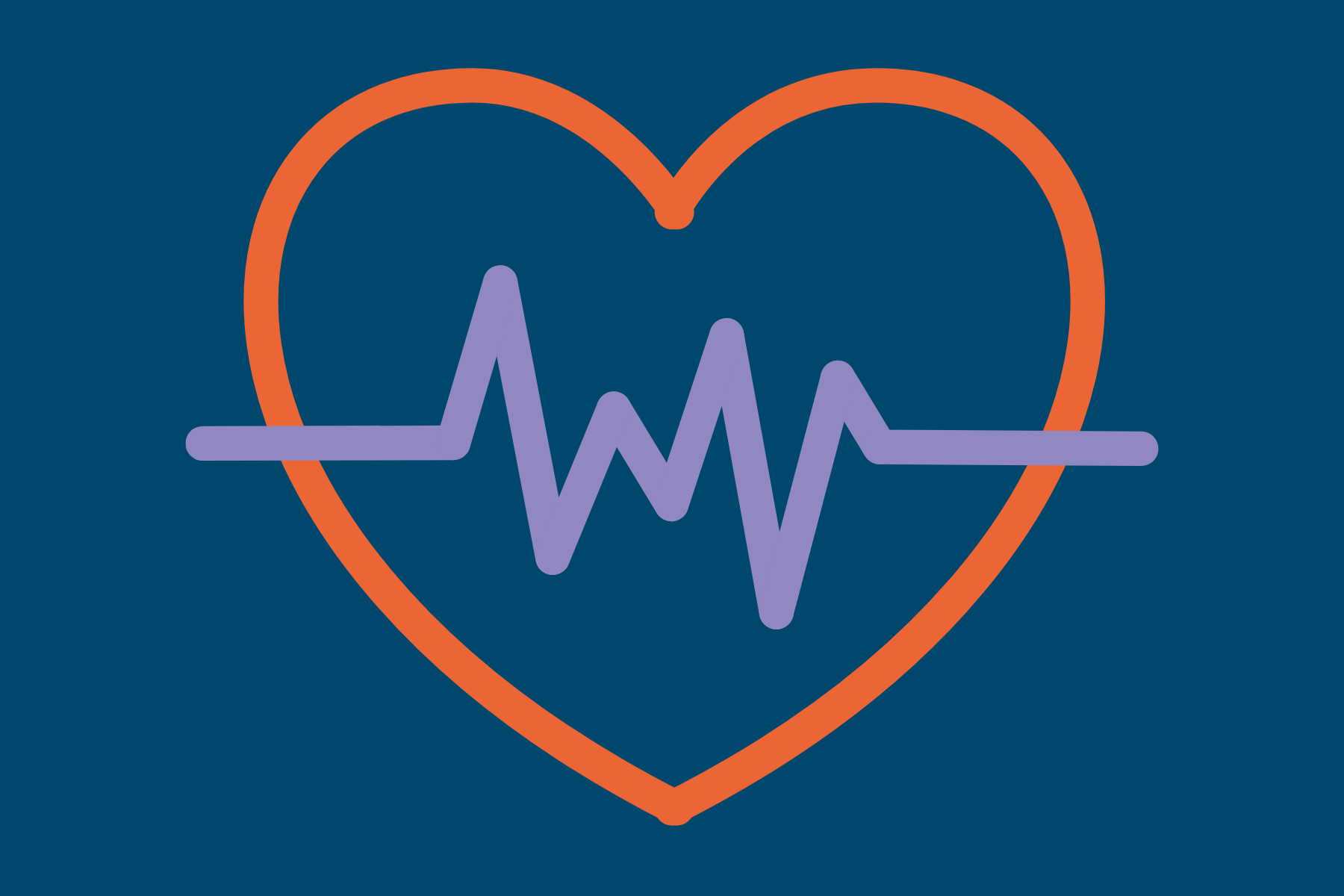Missing your mates?
With lockdowns put in place without much warning, we can’t catch up with friends and family as we normally would.
But social distancing doesn’t have to keep you cut off from your loved ones. There are plenty of fun ways to stay in touch and maintain those important connections until you can catch up in person again.
1. Send a Voice Message
You know that nice text message you send to let your mum know you’re thinking of her, or to tell your friends to have a great Friday? It’d be way more exciting in a voice message. Sending a greeting or an update in a quick voice message in place of a text is a great way to brighten someone’s day.
2. Update Them with Short Videos
There’s a reason video-messaging apps like Snapchat and TikTok have been so popular. We’re visual creatures, and we love videos that make us laugh, cry, and everything in between. Start capturing life’s precious (or simply funny) moments on your phone to share with friends and family. Some video ideas might include what you’re cooking for dinner or an update on your pet.
3. Get Their Favourite Meal Delivered
They say the way to someone’s heart is through their stomach! The only thing better than getting a delivery is getting a delivery of your favourite takeaway dish. This is an easy way to score serious brownie points with your loved ones (and make sure they’re not living off toast in self-isolation). Some food delivery apps include Uber Eats, Menulog, and Deliveroo.
4. Watch Netflix Together
While you may not be able to cuddle up on the same couch and share a bowl of popcorn, you can still enjoy long-distance movie nights. Netflix Party synchronises video playback and adds group chat, so you can react and respond in real time while watching your favourite shows and movies.
5. Send a Care Package
Know someone who could do with some cheering up? Send them a care package of their favourite things. It doesn’t have to be extravagant – from tasty snacks and crossword puzzles to toilet paper, just a few thoughtful items are sure to impress. And if you’re not sure what to send, you can’t go wrong with flowers.
6. Write a Letter
Now’s the perfect time to pick up a pen and practise your cursive. There’s something special about receiving written letters in this day of easy electronic communication. Writing letters can also be pretty relaxing, so it’s a win-win for you and them. Bonus points for illustrations.
7. Play Online Games Together
Up for a little friendly competition? These are some of our favourite fun, free games to play with your loved ones while apart:
- Draw Something – A drawing and guessing game where you pick something to draw for your friends, and vice versa.
- Words with Friends – Like scrabble, but on your electronic device.
- QuizUp – Choose from hundreds of niche topics (e.g. Game of Thrones, boxing, ‘00s pop), so it has something for every interest.
8. Send an Ecard
Why send an email when you can send an ecard with a beautiful design? Blue Mountain has free ecards for every occasion, from anniversaries and birthdays to ‘just because’.
9. Create Chat Groups
Messaging apps like Facebook Messenger, WhatsApp, and Google Hangouts allow you to organise conversations by groups. So you can have separate real-time group chats for your friends, family, colleagues and more.
10. Pick up the Phone
Nothing beats hearing your loved one’s voice and laughter over the phone, so try to check in with your friends and family with a phone call now and then. You could even schedule in a day and time to talk each week.
If you need someone to talk to, you can access our over-the-phone counselling on 1300 364 277 Monday-Friday 8am-8pm and Saturday 10am-4pm.
